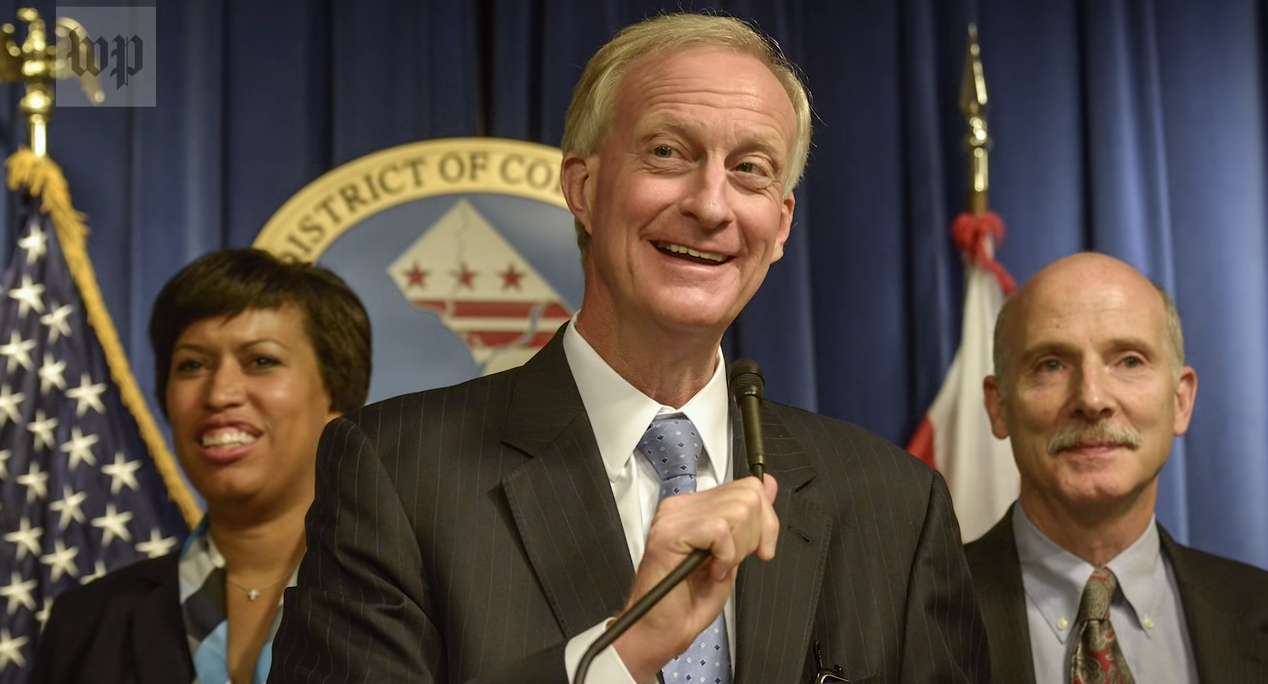Taxpayer-financed campaigns are a bad idea. The latest evidence comes from the D.C. Council, where longtime incumbent Jack Evans recently “resigned in disgrace” from his post – only to seek reelection to the very seat he vacated. After he repeatedly violated the District’s conflict of interest rules, taxpayers may be forced to pay for Evans’ campaign to regain his old position of power. In 2017, the Institute for Free Speech warned the D.C. Council of the dangers of a taxpayer-financing system for political campaigns. We gave examples of rampant corruption where these systems have been tried.
A few examples might help refresh the memory. “Cash and Carry” Larry Seabrook took over $16,000 in taxpayer dollars in New York City and was convicted of accepting bribes, extorting money, and other crimes resulting in his imprisonment. Los Angeles candidate Robert L. Cole, Jr. faked small-dollar donations to get more public money in that city’s tax-financing system. Similar abuses happened in statewide taxpayer-financing systems in Arizona and Maine.
In 2020, as the Jack Evans saga shows, forcing D.C.’s taxpayers to finance political campaigns is not an anti-corruption measure. If anything, the opposite is true. The vast majority of the corruption charges affecting Washington, D.C.’s elected officials stem from either the misuse of tax dollars for personal gain or the misuse of campaign funds. Far from weeding out corruption, the District’s matching funds program combines the two problems, opening the door for public money to go straight to those already under investigation for corruption.
Because of the Council’s actions, the District’s residents might be forced to help fund the campaign of a man who recently resigned his seat under a cloud of corruption scandals – all due to D.C.’s misguided taxpayer-financing system.














